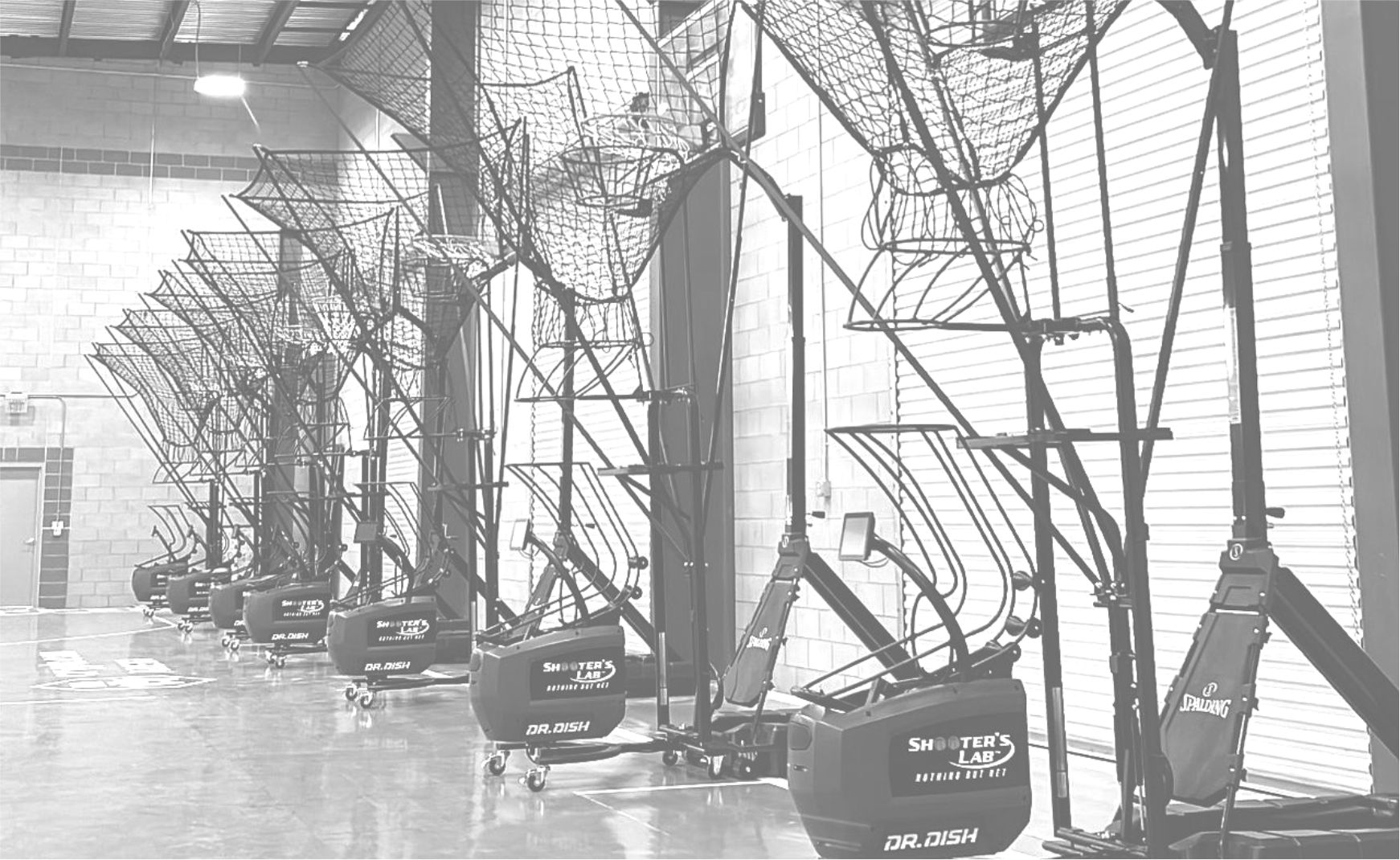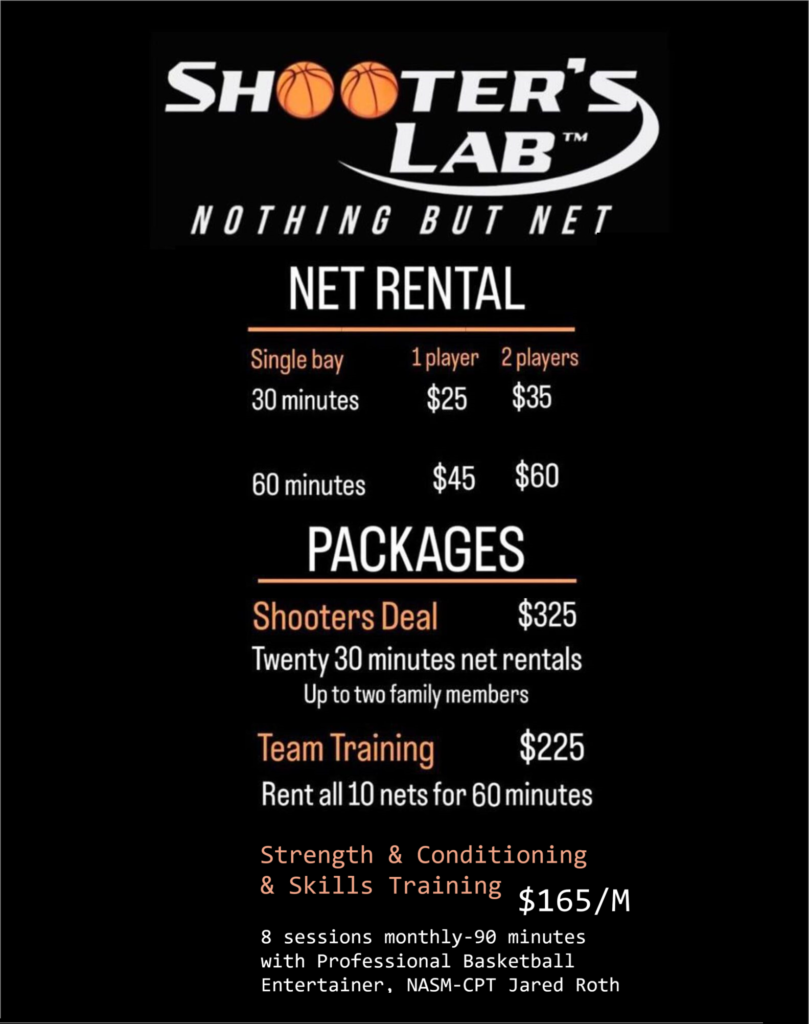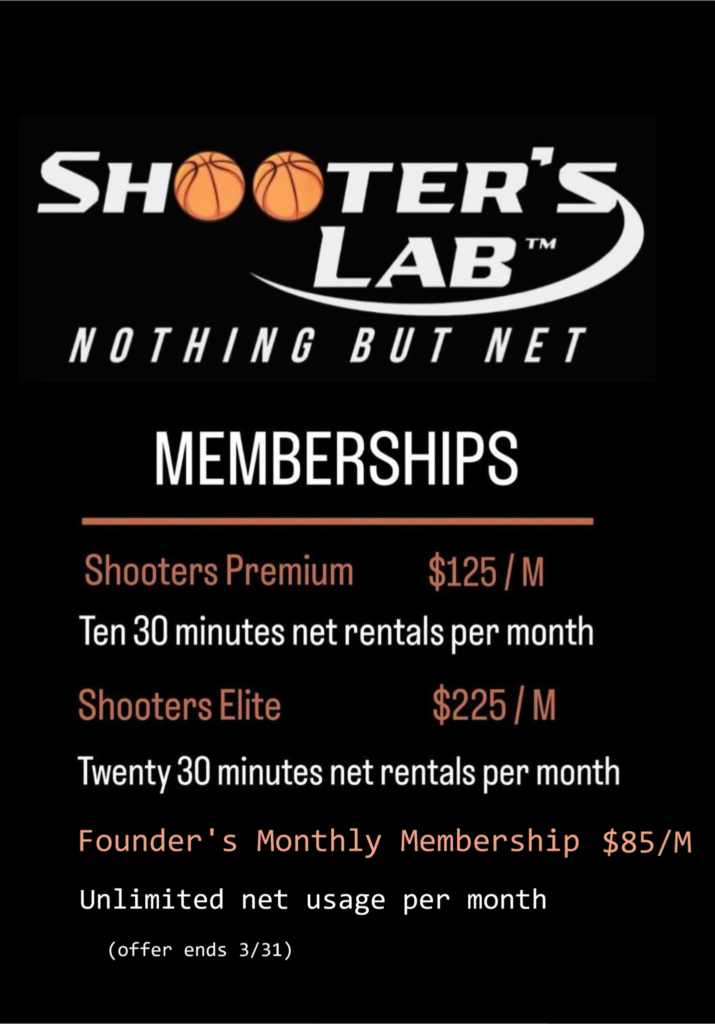By taking these deliberate steps, you improve your chances of engaging in a program that not only fosters recovery but also supports long-term wellness and resilience. Potential patients should look into the specific services offered, treatment approaches, and success rates. Incorporating family therapy into treatment programs can facilitate open communication, trust-building, and repair of any damaged bonds.
- Reputable centers should be accredited by recognized agencies such as The Joint Commission or CARF, which ensure adherence to high standards of care.
- In addition to managing a successful family medical practice, Dr. Hoffman is board certified in addiction medicine by the American Osteopathic Academy of Addiction Medicine (AOAAM).
- When choosing a rehab facility, it’s important to consider your treatment needs, payment options, and recovery goals to find the most beneficial programs for you.
- They can help you stay on track with your recovery process after you leave treatment and can be a vital component of a comprehensive treatment plan.
This type of care focuses on healing the whole person, not just treating the addiction. Detoxification, or detox, is the body’s natural process of removing drugs or alcohol from its system. Some drug and alcohol rehab centers offer medical detox services as part of their treatment program, while others may refer you to a separate facility for detoxification. Alternatively, some organizations offer scholarships to help uninsured people go to rehab. Based on the findings, clinicians classify the level of care needed—ranging from outpatient services for milder cases to intensive inpatient programs for severe dependence or unstable mental health.
The effectiveness of treatment also heavily relies on the use of evidence-based practices. Programs should incorporate scientifically validated methods such as Cognitive Behavioral Therapy (CBT) and other approved therapeutic practices. Additionally, check if the facility provides personalized treatment plans that cater to individuals with co-occurring mental health issues. Choosing the right rehab facility hinges on understanding personalized treatment goals. Assessing these goals involves defining specific outcomes, such as achieving long-term sobriety or managing a substance use disorder.
How can I evaluate and select the most appropriate addiction treatment programs?
On the other hand, going out of town for rehab can help some people break away from daily triggers, toxic environments, or unhealthy relationships. Being in a new place can allow for a fresh start and greater focus on recovery. A 60-day program gives more time to dive deeper into the root causes of addiction, practice coping skills, and build healthy routines. A 30-day stay can work for people with mild addictions or those looking to take the first step toward longer-term recovery.
After identifying all possible treatment program options within a reasonable time frame, the next step is to compare programs. Choosing the right rehab means carefully weighing all the factors to ensure your goals are being met. Making a decision will require determining what characteristics are most important and finding the program that most closely matches your treatment.
Contingency management offers tangible rewards to reinforce positive behaviors, such as maintaining sobriety. Motivational Interviewing (MI) is another effective therapy, focusing on enhancing a person’s motivation to change by exploring and resolving ambivalence about substance use. To reinforce positive decision-making, engaging in activities such as attending support groups or practicing mindfulness can help. These behaviors support emotional stability and strengthen commitment to sobriety. Don’t hesitate to ask about their credentials and experience, especially those who will be directly involved in care.
Partial Hospitalization and Intensive Outpatient Programs (PHP/IOP)
Practical factors such as cost, insurance acceptance, location, amenities, and program duration are also important. choosing a drug rehab addiction program Many resources, including the SAMHSA helpline or online treatment locators like FindTreatment.gov, can help match you with programs aligned with your needs. If you or a loved one are seeking recovery services that accept your medical insurance, reach out to Infinite Recovery today. Approximately 80% of patients report living healthier, more fulfilling lives after completing drug and alcohol rehabilitation.
Alcohol Use Disorder
This option offers more flexibility and works well for those with milder addictions, strong support at home, or as a step down from inpatient care. Once the right treatment center has been found , it is time to begin the admission process. Every treatment program has its own set of policies and procedures for admission, but they will have no problem providing that information ahead of time. Some treatment programs will even allow the admissions process to start over the phone. Make sure to carefully review and follow all of the admission procedures to ensure success.
Selecting the appropriate level of care depends on severity, personal circumstances, and medical recommendations. Accreditation, staff qualifications, and evidence-based practices are essential considerations when choosing a facility. Accreditation serves as a critical indicator of a treatment facility’s quality. Look for facilities accredited by recognized bodies, such as The Joint Commission or CARF, as this ensures adherence to high standards of care and ethical practices. Accreditation verifies that the facility’s programs are evidence-based and that they prioritize the well-being of patients.
What is the importance of individualized treatment plans in addiction recovery?
This helps us continue our nonprofit mission and continue to be there as a free mental health resource for everyone. Lastly, a chaotic or unsafe environment, or an inability or unwillingness to connect you with alumni, staff, or other patients, signals caution. Trustworthy providers foster a respectful, safe, and transparent setting that encourages ongoing recovery and trust. Reputable facilities are accredited by organizations like The Joint Commission or CARF and hold state-specific licenses. These credentials confirm that the program meets industry standards and is committed to continuous quality improvement.
Recovery is possible! Take the first step towards a new life today.
- This doesn’t mean that inpatient drug rehab is the most effective treatment for everyone.
- Programs should incorporate scientifically validated methods such as Cognitive Behavioral Therapy (CBT) and other approved therapeutic practices.
- This means that depending on the area you’re in, you are likely to find several treatment centers that offer everything you need.
- Be sure to ask about their aftercare services to make sure they offer the right support for long-term recovery.
- Understanding these key factors helps ensure that the chosen treatment center provides reliable, effective, and personalized care, increasing the chances of a successful recovery journey.
- This form of treatment utilizes psychotherapy and behavioral therapies in combination with medications that are specialized for addiction.
Additionally, Contingency Management (CM) has also shown moderate efficacy, reinforcing abstinence with non-drug rewards. Overall, these therapies emphasize behavior modification, skills training, and addressing motivational barriers, tailoring interventions to meet individual needs for better outcomes. Outpatient programs allow people to receive treatment while continuing to live at home. This can be a flexible option for those with milder substance use disorders, strong support systems, or work and family responsibilities. In addition to managing a successful family medical practice, Dr. Hoffman is board certified in addiction medicine by the American Osteopathic Academy of Addiction Medicine (AOAAM). Dr. Hoffman is the Co-Founder and Chief Medical Officer of AddictionHelp.com and ensures the website’s medical content and messaging quality.
Outpatient programs vary in intensity, including partial hospitalization (PHP) and intensive outpatient programs (IOP). PHP typically involves 5-6 hours of treatment daily, several days a week, and is suitable for those needing structured support after inpatient care. IOP offers 3-hour sessions, 3-5 days a week, providing flexibility to manage work or family responsibilities. Learn about the success rates of their treatment programs and how they handle relapse prevention. A good provider will offer post-treatment support, including ongoing counseling, peer support groups, family involvement, and recovery coaching.
Factors To Consider
If you feel trapped by substance addiction, finding the right treatment is crucial. By understanding the different options available, you can find the drug rehabilitation program that best fits your needs. For uninsured or underinsured individuals, public clinics, faith-based organizations, and community programs are often available. Many of these serve vulnerable populations, including low-income families, pregnant women, or service members. Contacting a treatment provider directly or using online resources such as FindTreatment.gov can help identify programs that match your financial situation and coverage options. Medication-assisted treatment (MAT) is a cornerstone in managing opioid and alcohol dependence.
What factors should be considered when choosing an addiction treatment program?
Staff should also be willing to explain why they believe their approach is effective and explain how they measure patient success. In addition to undergoing professional substance abuse treatment, some people opt to join peer support groups. Also known as recovery support groups or mutual self-help groups, these are meetings of people who want to manage their substance addiction.




